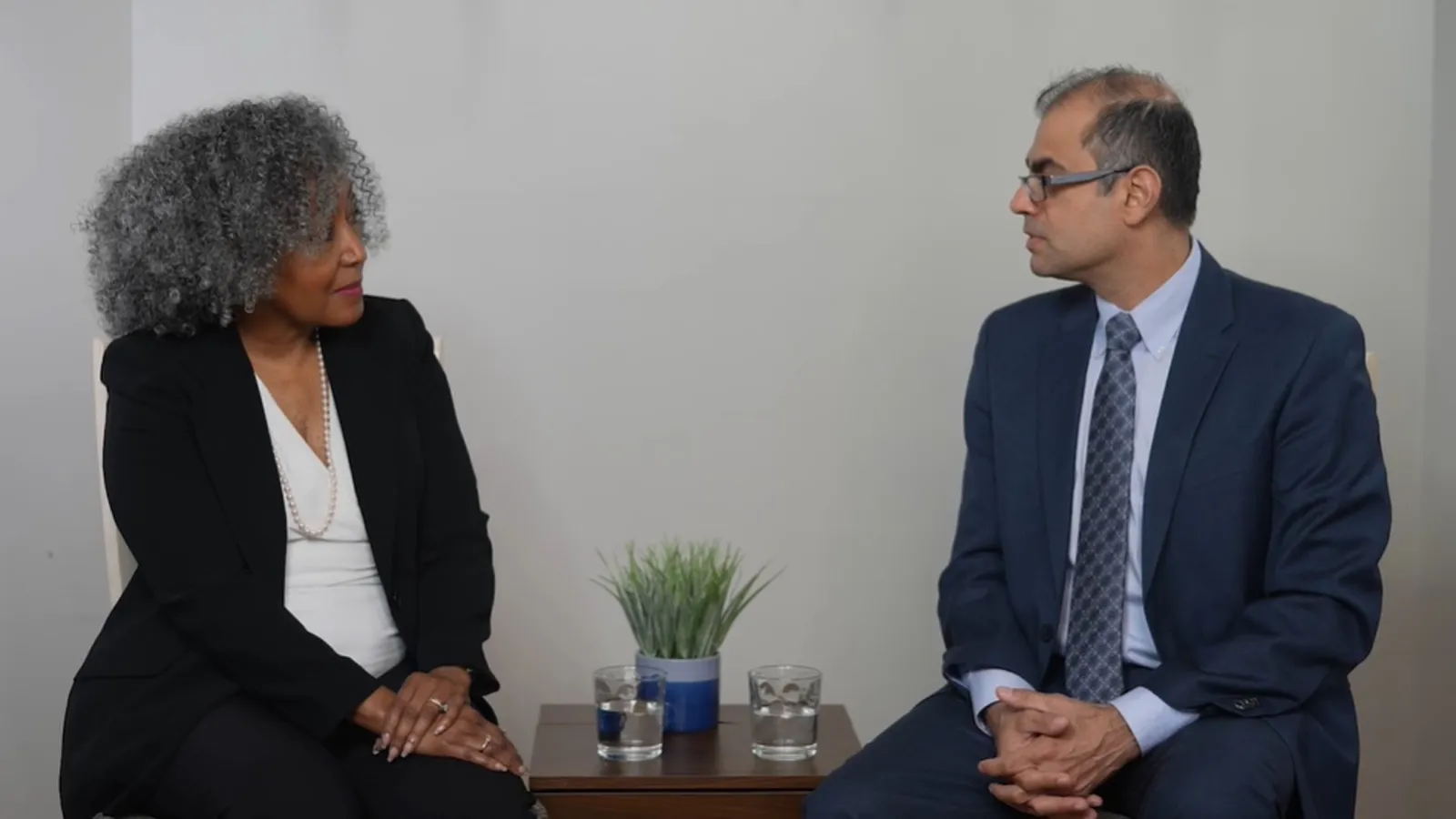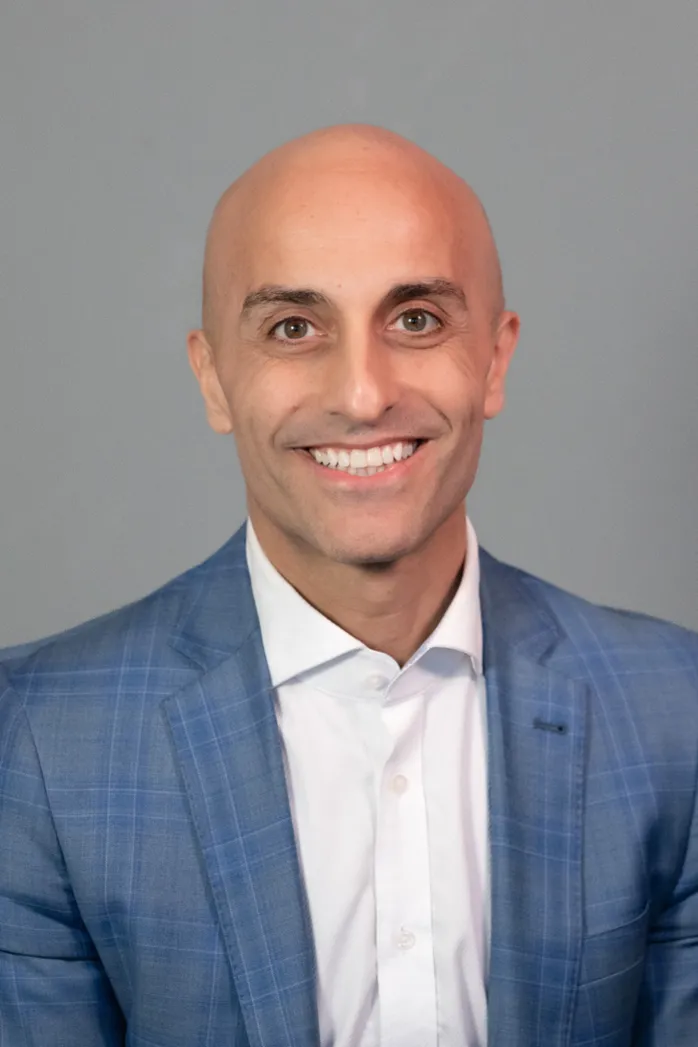Finding patients with rare diseases is a challenge for companies looking to expand a drug’s commercial reach. But when it comes to diseases that run in the family, genealogy could be an important tool to help patients get diagnosed and treated.
In an effort to raise awareness and reach more patients with RNAi-based treatments like Onpattro and Amvuttra, Alnylam Pharmaceuticals is combing the U.S. for families with a history of hereditary transthyretin (hATTR) amyloidosis, a rare disease with multiple symptoms that can be difficult to diagnose.

To boost that process, Alnylam, which specializes in RNAi drugs that “silence” disease-causing genes, has sent a renowned genealogist on a road trip to speak to families in different U.S. cities about where health fits into their family trees — the epitome of meeting patients, and their genes, where they are.
There are as many as 15,000 patients with hATTR amyloidosis in the U.S. and 50,000 globally, said Mark Soued, senior vice president and head of global commercial at Alnylam. Many of those patients are undiagnosed, so the number could be far greater, he said.
“There's a genetic basis to many diseases, and as a company that focuses on treating some of those genetic diseases, we want to continue having conversations around how they may be passed down within the family,” Soued said.
Alnylam’s commercial approach
Sales of Onpattro and Amvuttra, which treat polyneuropathy associated with hATTR amyloidosis, reached $355 million and $558 million respectively in 2023 with 40% growth year over year for the whole TTR franchise, Alnylam reported last month. And with just over 4,000 patients receiving treatment at the end of the year, there’s room to grow if more patients have access to the correct diagnosis, Soued said.
“In rare diseases, it's not uncommon for diagnosis rates to get to between 30% and 50% [of the target population] so we feel like we're below that, based on our estimates of what the prevalence is of the disease,” Soued said. “We're far below that in the U.S. — this is definitely an area of unmet need and an area where a lot of work is needed to help these patients that potentially may have the disease to be diagnosed.”
The company also suffered a setback for Onpattro in 2023 when the FDA denied approval of the treatment for the heart condition cardiomyopathy associated with hATTR amyloidosis, making its current indications more important than ever for Alnylam to expand.
Taking the show on the road
Bernice Bennett, a genealogist, author and radio host who has explored detailed histories of Black Americans, took to the road to speak with families about incorporating health into the conversation. From Chicago and Indianapolis to small towns in Illinois and Massachusetts, Bennett met with people who learned through their family trees that they were carriers of the hereditary gene causing hATTR amyloidosis. In the U.S., people with African ancestry are disproportionately affected by the disease.
“This disease doesn't stop at one generation. It transcends generations, and it doesn't stop unless we really know what's going on.”

Dr. Malhotra
Director of advanced cardiac imaging and clinical research, associate professor of medicine, Cook County Health and Rush Medical College
“When we speak of family history, we usually focus just on the stories to create that almighty family tree and connect the dots from ancestors to today,” Bennett said. “But what we don’t tend to focus on is the health history of those that came before us, and as a health education specialist, it’s important for us to know that health history — just as important as knowing our family history.”
The “Family Health History Road Trip” is a commercial campaign run by Alnylam that culminated in a series of videos telling the story of how individuals across the country discovered they had hATTR amyloidosis by connecting with family members.
One person Bennett met on the road trip had health symptoms that were different from those of her father, who was diagnosed with hATTR amyloidosis. Through conversations with her father’s physician, she received genetic testing that confirmed her own diagnosis. Another patient had several unexplained symptoms for years and discovered her uncle had hATTR amyloidosis. Another family learned about their connection through a program that aired on The Portuguese Channel — people with Portuguese backgrounds also have higher instances of the disease.
For diseases like hATTR amyloidosis, family history is a critical risk factor, particularly because it’s a heterogeneous disease with many different symptoms, even among family members, said Dr. Saurabh Malhotra, an expert in the field who Bennett connected with on the road trip. Some of the symptoms he looks for are carpal tunnel syndrome, spinal pain, constipation and loss of appetite — but because of the disparate ways the disease manifests, patients might not know these symptoms are connected.
“The sooner you know from a patient they may have a family history of medical issues that could point toward hATTR amyloidosis, then that would allow for us to institute tests for early diagnosis,” Malhotra said. “It’s a fatal and debilitating disease if not recognized and treated, and we know from our experiences that treating it early results in better outcomes for patients.”
Some families can go generations without knowing why they have these symptoms until they discuss it and connect the dots, he said.
“This disease doesn't stop at one generation,” Malhotra said. “It transcends generations, and it doesn't stop unless we really know what's going on.”

Beyond the commercial opportunities, Soued said the genealogy program taught him a little more about his own family history.
“I'm an immigrant — I came here from Lebanon when I was a baby, and a lot of the stories we talked about in the family were who moved from where and the different countries they went to,” Soued said. “But I've literally never had, until recently, a conversation in the family around health history.
While biobanks and genetic databases have brought patients to Alnylam’s treatments before, Soued said involving the community to develop a more natural progression of diagnosis is an important step.
“We thought, having a genealogist on board talk to these patients about the importance of health history and provide her perspective as to why this matters was the perfect opportunity,” Soued said.




















